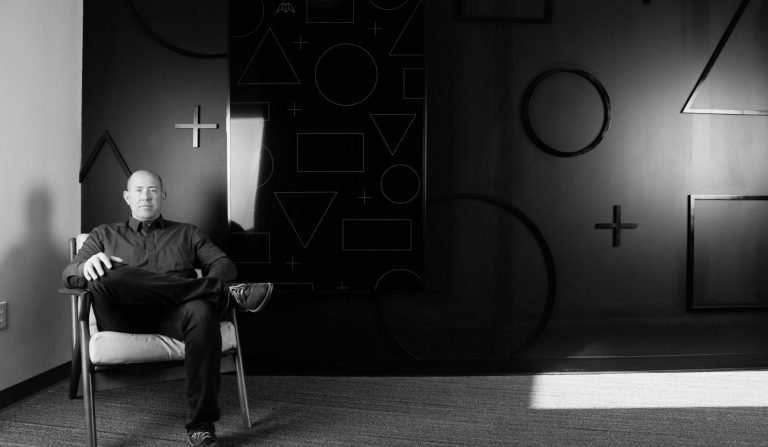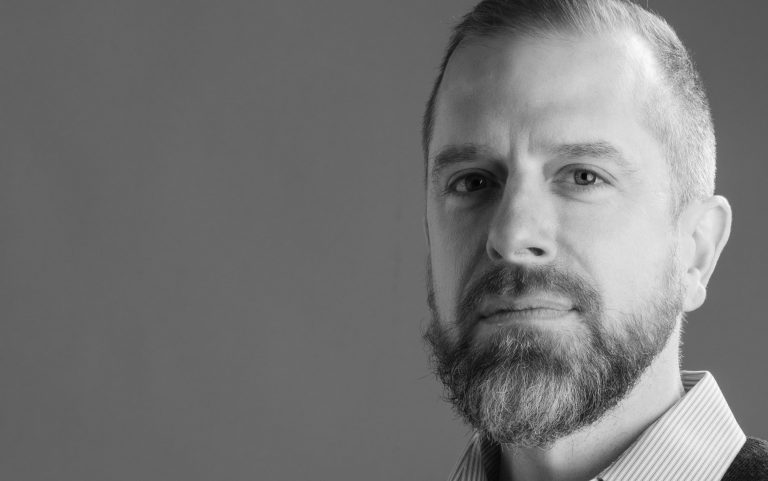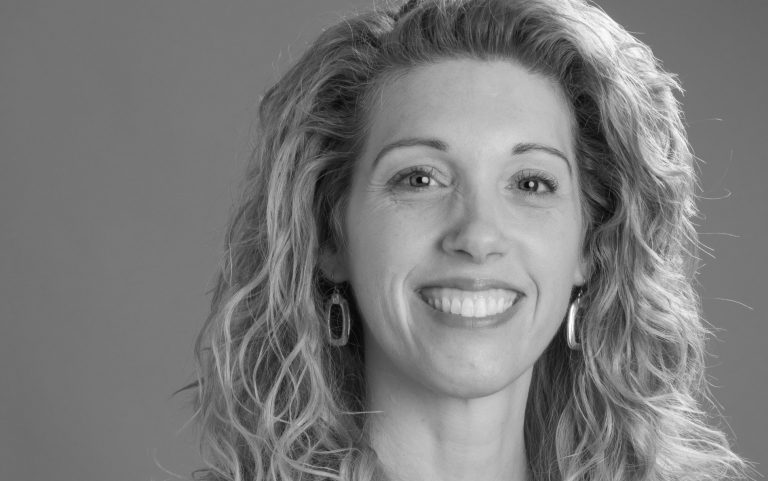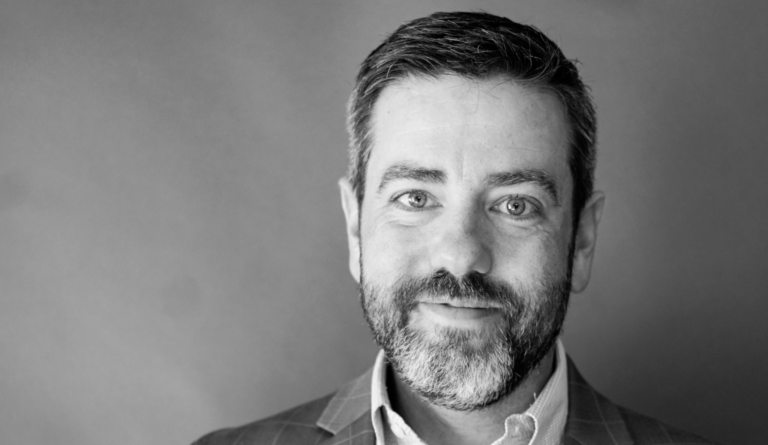Seth Godin poses this question in his book, Linchpin. This little book has rocked my world, and has me thinking about leadership, and life in general, in new and exciting ways.
“Leader” is a term I’ve always labeled myself with. In fact my parents love embarrassing me by sharing stories of me playing with the neighborhood kids at age 4. All the kids would come to our house and ask: “Alyssa, what are we going to play today?” I’d develop the agenda and start assigning roles. Now, clearly this wasn’t the most collaborative way of leading, but my leadership tendencies were evident even at this early age!
As I grew older, I got in trouble numerous times for my “bossy” tendencies, and (as often happens as we age) began to shrink a little. I’d wait to see what the group was leaning toward first before speaking up. I’d choose to ignore my preferences and try to just fit in. It was safer. Or so I thought…
What it did is cause me to second-guess myself. The certainty & decisiveness I had when I was younger turned into confusion and a desire to comply. I started to become what Godin refers to as “map follower”. Map followers don’t blaze their own trails. They’re handed someone else’s map, and told to go from point A to point B. They don’t look for short cuts (innovations), they don’t point out inefficiencies, and they don’t question. They just do what they’re told.
Map following is definitely safe. You don’t have to think, so there’s not a lot of energy required. You don’t have to worry if something goes wrong; you didn’t create the map. You were just following orders. Map followers are easy to find. In fact, they’re a dime a dozen. They wait to be told what to do. They don’t take risks. They don’t want to rock the boat. They come in, do the work and leave without adding anything to it.
The problem with map following for me is that I found it completely unfulfilling and inauthentic to who I’m called to be. I’m acutely aware that one of my greatest strengths (and challenges) is that I have a keen eye for finding better ways of doing things. This has served me very well in my career. I’m completely comfortable with innovating. In fact I get bored if I just keep doing something the same way because there has to be a better way to do it. This characteristic is just a part of who I am. Sometimes I wish I could turn it off because if I’m not careful, my “helpfulness” causes people to feel as if I’m being judgmental or overly critical.
Leading is quite a bit different than map following. It involves creating your own map, and then influencing others to join you on the journey. I see good leaders as guides. They’re clear on the ultimate destination, but they know they’ll get there quicker and have more success by eliciting ideas and expertise from others. A good leader should never strive to create a bunch of map followers. Instead a good leader is challenging map followers to become leaders in their own right.
Now of course, there will be times when you as a leader must follow another’s map, but that doesn’t mean you just keep your head down and follow unquestioningly. Instead, it means you chose to bring your full self to the map you’re handed. You’re willing to challenge ideas, you’ll probe deeper into the situation, and you should be considering alternatives. It means knowing you have something unique to bring to the situation, and have the courage to bring it; whether it’s accepted or not.
My personal challenge, after reading Godin’s book, is to begin breaking some of my map following tendencies. For me, that starts with recognizing when I’m consciously choosing not to speak up when I have something valuable to share. After reading this book, I’ve decided, if they laugh, I’m not going to die. If it’s a bad idea, I’ll choose to learn from it. Saying nothing just causes regret and further doubts, making it even harder to trust in my ability to create good maps.
Each of us have certain fears that hold us back and trick us into thinking that perhaps map following is a better option than leading. It could be fear of losing your job, fear of being seen as a fraud, fear of being laughed at, or even fear of being seen as capable. Fear of embarrassment is my excuse. So how about you? What’s the fear holding you back from leading fully and how can you begin overcoming it today?













